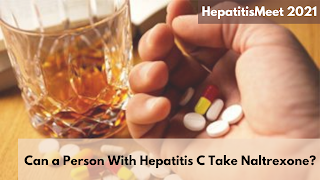What to Avoid During Hepatitis C?

The primary function of the liver is to process everything that we eat, drink as well as its absorption. It serves the body like a Filter, Refinery and storage plant. It plays a major role in the conversion of the nutrients which is helpful for functioning of muscles, hormone secretion and working of clotting of immune factors. It can also store vitamins, minerals and sugars that play a key role in maintaining the cholesterol levels in the body. Bile acids produced by the liver are the prominent aspects for the digestion and absorption of the nutrients. However when the liver is not healthy it effects the functioning of the whole body. Foods that are to be avoided during Hepatitis C and liver diseases include: Alcohol: Alcohol when taken by the person with the liver diseases or the Hepatitis C infection it will accelerate the damage of the liver leading to hepatic failure. Drugs: Recreational drugs such as the Marijuana leads to the acceleration of the scarring of the liver ult...





